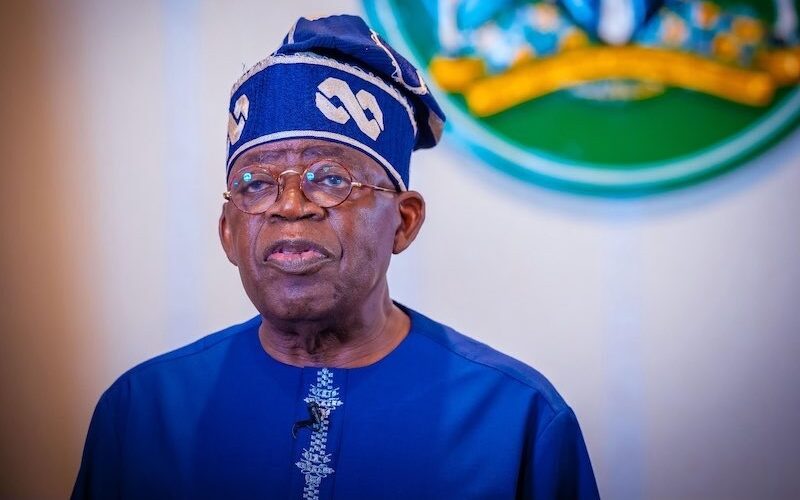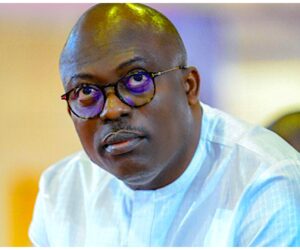President Bola Tinubu on Tuesday said the solid minerals sector generated over N38 billion in revenue in 2024, up from the N6 billion it generated the previous year.
The president disclosed this at the 10th edition of Nigeria Mining Week 2025 in Abuja on Tuesday.
“Over the past year and a half, our administration has taken bold steps to reform the solid minerals sector, making it a new engine of growth,” he said.
“Already, our reforms have led to a dramatic upswing: in 2024, the solid minerals sector generated over N38 billion in revenue, up from N6 billion the previous year, a six-fold increase achieved through improved policy and oversight,” he added.
Mr Tinubu, represented by the Secretary to the Government of the Federation George Akume, said Nigeria, despite being blessed with an abundance of commercially viable minerals, has underutilised her resources for too long, and they barely contribute to the GDP.
He noted that his administration prioritises local value creation, job growth, energy access, and economic resilience.
“We are determined to create an economy that works for all Nigerians, where industries process our raw materials here at home, small businesses thrive in global supply chains, and millions of dignified jobs are created for our youths.”
He added that the mining sector is vital to this vision, which involves stimulating local industries, creating employment opportunities and generating revenue for infrastructural development.
Speaking further, the president said there was a time when cities like Jos and Enugu were renowned for their tin and coal, when the country was a significant exporter of minerals, adding that the oil boom led to an over-reliance on a single commodity.
“We must never again allow the fate of our economy to rest on one resource. Our administration is committed to diversification, ensuring that the wealth beneath our feet benefits our people. We made the historic decision to increase the 2025 national budget by N4.5 trillion, with an extra N1 trillion earmarked for the solid minerals sector,” he added.
This, the president said, is the most significant single investment in Nigeria’s mining industry by any administration, adding that these funds are being channelled towards geo-scientific exploration, detailed geological surveys, and the development of critical infrastructure to unlock the country’s mineral-rich regions.
“This investment will enhance our economic resilience by reducing our dependence on volatile oil markets and creating alternative revenue streams for the nation.
“It will also ensure regional equity by spurring development in resource-rich but underdeveloped areas, boosting rural economies, and supporting the processing and export of minerals to increase our foreign exchange earnings,” Mr Tinubu said.
According to him, Nigeria’s mining aspirations are tied to Africa’s broader effort to move from exporting raw materials to creating finished products and innovation hubs.
READ ALSO: Tinubu’s government has attracted over $8 billion major upstream final investment decisions – official
Africa is home to approximately 30 per cent of the world’s known mineral reserves and also holds significant deposits of the critical minerals that could power global energy transition in the 21st century.
“Our government has taken steps to improve security in regions where mining activities are ongoing, working to eliminate banditry and conflict that threaten both people and projects,” he noted.
He, however, called on policymakers, industry leaders, foreign partners, and citizens to play their part, noting that the federal government will continue to provide visionary leadership and an enabling environment.









